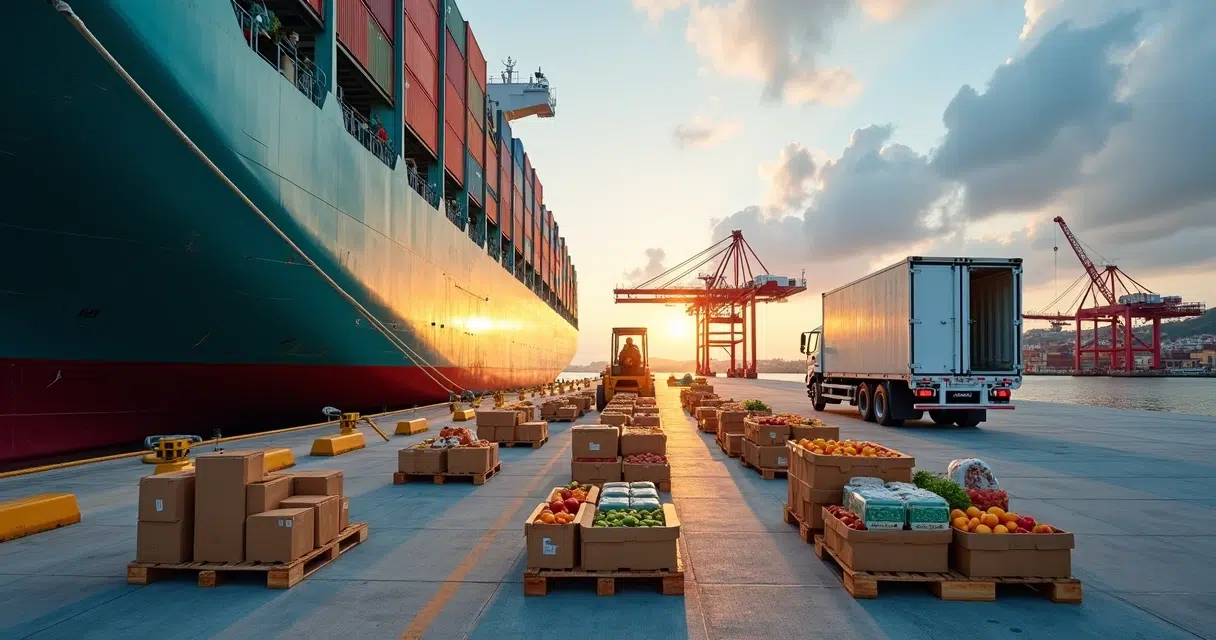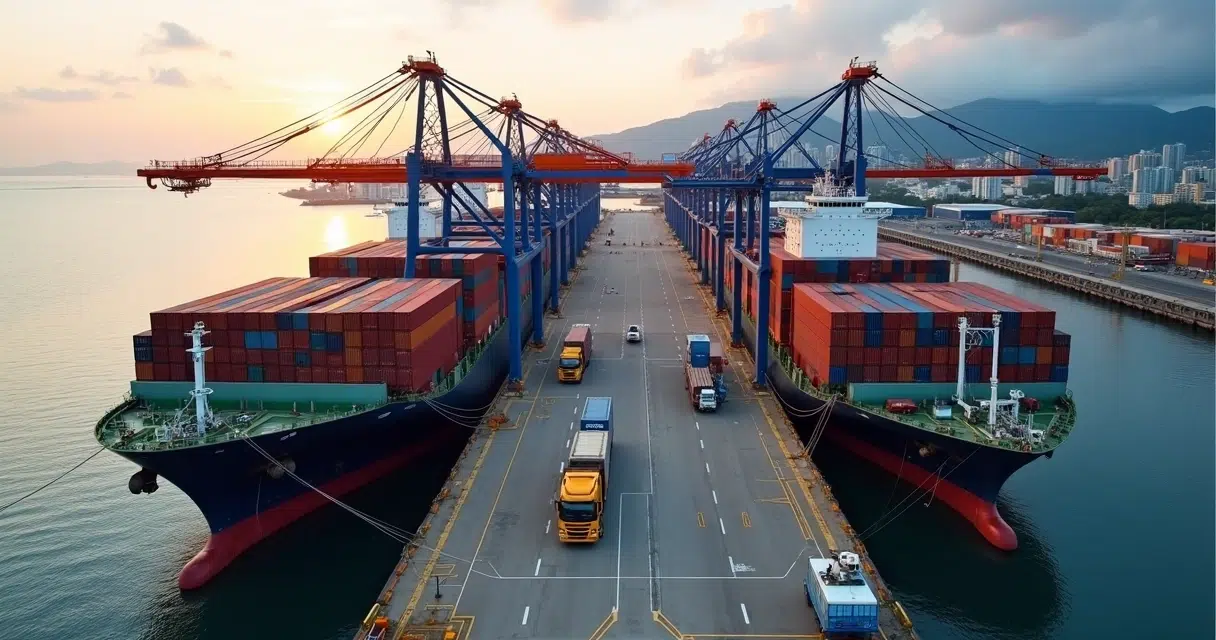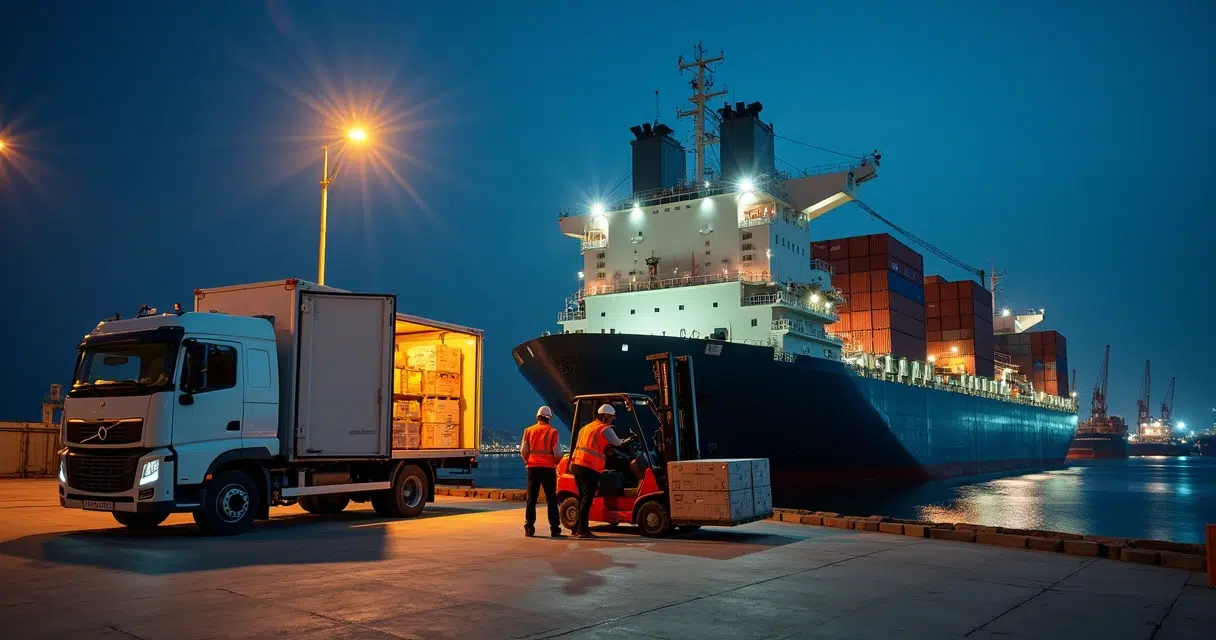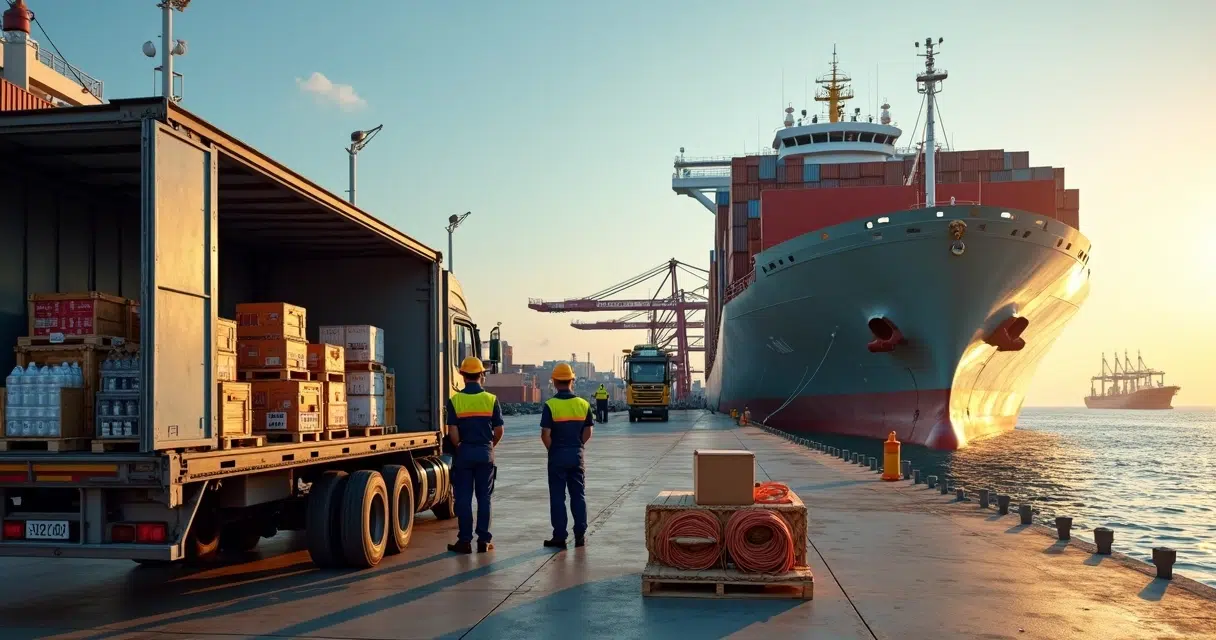When the maritime world gathers to talk about climate, you’d better believe the air’s thick with both hope and tension. Years ago, during a routine port visit, a Brazilian ship captain once told a young maritime analyst (me) that ‘the ocean always rewards patience—but never passivity.’ Looking back, those words now echo through Brazil’s high-profile presence at the 83rd MEPC meeting. As international regulators nudge the shipping sector toward net zero, Brazil is both a player and a protestor, advocating for fairer solutions while navigating trade realities and environmental responsibility. The stakes? Enormous, and sometimes surprising.
Tides of Global Change: The IMO Net-Zero Framework and Brazil’s Stand
The maritime sector is entering a new era of regulatory transformation, as highlighted by the recent 83rd session of the International Maritime Organization’s Committee for the Protection of the Marine Environment (MEPC 83). Held in April 2025, this session marked a turning point with the approval of the IMO Net-Zero Framework—a comprehensive set of IMO Regulations designed to drive maritime decarbonization globally. The framework introduces mandatory greenhouse gas (GHG) emission caps and a compulsory carbon pricing mechanism, set to become effective in 2027 for all vessels above 5,000 gross tonnage.
Shipping, alongside aviation, faces unique challenges in GHG Emissions control due to its inherently international nature. The new IMO Regulations aim to address these complexities by coupling sector-wide emission limits with a global carbon pricing system. The formal adoption of these measures is scheduled for October 2025, with implementation slated for 2027. This regulatory sea change will impact the entire maritime sector, from bulk carriers to container ships.
Yet, the MEPC 83 outcomes were described as “bittersweet.” While the adoption of a global GHG fuel standard and pricing mechanism signals progress, deep divisions remain among IMO member states. Developed countries, equipped with advanced technology, pushed for ambitious targets and robust financial instruments to accelerate the shift to low-carbon fuels. In contrast, developing and fossil fuel-exporting nations voiced concerns about economic repercussions and the risk of new trade barriers.
A particularly contentious debate centered on a proposal from Pacific island nations, who advocated for a steep carbon tax of USD 150 per tonne of CO2. Their call, driven by existential threats from rising sea levels, was ultimately rejected by most participants. The United States, notably, opposed any shipping carbon tax on American-flagged vessels and threatened retaliatory tariffs if such measures were imposed.
Brazil’s delegation—comprising representatives from ANTAQ, the Marinha, MRE, and various industry experts—played a prominent role. Brazil advocated for an intensity-based carbon pricing model, arguing that a flat tax would unfairly penalize countries reliant on long-distance commodity exports. Grain bulk carriers, for example, would face disproportionate costs under a uniform carbon tax, undermining the competitiveness of Brazilian exports.
The concerns of developing nations, especially in Africa, were also brought to the fore. Uniform global maritime carbon taxes could raise transport costs, threatening food security by making agricultural imports and exports less accessible. In response, the IMO committed to conducting further studies to assess the impact of these regulations on food-insecure countries.
Brazil’s stance on maritime decarbonization also emphasizes the role of biofuels. As Eixos notes,
“Biofuel production in Brazil has not harmed food production. On the contrary, the agricultural sector has shown the ability to grow and diversify, meeting both energy and food demands.”
This perspective underlines Brazil’s call for fair, flexible frameworks that respect the diverse technical and economic realities of IMO member states.
As the IMO Net-Zero Framework moves toward formal adoption, the debates at MEPC 83 reflect the complex interplay of ambition, equity, and economic impact shaping the future of the global maritime sector.
Biofuels & Roadblocks: The Brazilian Tug-of-War Over Low-Carbon Transitions
Brazil sits at the crossroads of global maritime transport reform, championing a path that blends environmental responsibility with economic pragmatism. As the International Maritime Organization (IMO) advances its “Net-Zero Framework,” Brazil’s delegation—spanning ANTAQ, the Marinha, MRE, and leading industry experts—has made its position clear: Biofuels Brazil must not be sidelined in the global shift toward low-carbon fuels.
At the heart of Brazil’s argument is a homegrown solution with worldwide implications. The agency Eixos, echoing national sentiment, asserts that the country’s agricultural sector is uniquely positioned to supply both food and green energy. As Eixos notes:
‘Biofuel production in Brazil has not harmed food production. On the contrary, the agricultural sector has shown the ability to grow and diversify, meeting both energy and food demands.’
This dual capability is central to Brazil’s call for non-discrimination in future IMO regulations. The country’s representatives argue that a rigid, flat carbon tax—favored by some European nations—would unfairly penalize exporters of bulk commodities over long distances. For Brazil, whose grain ships often travel vast routes, a one-size-fits-all approach could undermine both economic competitiveness and the broader goals of sustainable shipping.
Yet, the debate is not just about taxes or fuels. It’s about logistics and unintended consequences. Despite cabotage (coastal shipping) being recognized for its safety and lower emissions, only 12% of Brazil’s cargo moves by sea, while a staggering 65% still travels by road. This imbalance persists even though cabotage offers clear environmental and cost advantages.
The Associação Brasileira de Armadores de Cabotagem (ABAC) has raised a critical warning: if new carbon pricing mechanisms are applied only to maritime transport, shippers may shift even more cargo to trucks. Road transport, lacking global regulation and oversight, could gain an unintended edge—potentially increasing overall emissions and undermining the very purpose of environmental responsibility in the sector.
This logistical riddle—why so much cargo remains on the road despite greener options—reflects deeper challenges in Brazil’s infrastructure and regulatory environment. While cabotage is underutilized, the risk of inflexible maritime carbon taxes could further entrench road dominance, making the transition to low-carbon fuels even more complex.
- 65%: Cargo shipped by road in Brazil
- 12%: Cargo shipped via cabotage
- Biofuel production: Not at odds with food security—Eixos
Brazil’s stance is clear: the global push for sustainable shipping must recognize the unique capabilities and constraints of developing nations. The country calls for a fair, flexible transition—one that values biofuels Brazil as a viable, scalable solution and avoids policies that could inadvertently raise emissions or threaten food security.
Storm Clouds or Silver Linings? Economics, Food Security, and The Limits of Regulation
The global push for maritime decarbonization is entering uncharted waters, and Brazil stands at the heart of the debate. The recent 83rd session of the International Maritime Organization’s MEPC (Marine Environment Protection Committee) marked a historic milestone with the approval of the “IMO Net-Zero Framework.” This framework sets ambitious targets—requiring large vessels to cut CO2 emissions by 30% by 2035 and 65% by 2040, compared to 2008 levels. Alongside these targets, a tiered carbon pricing system will penalize non-compliance, with costs ranging from $100 to $380 per ton of CO2. These measures are designed to accelerate the transition to green shipping and address the sector’s role in climate change.
Yet, as the article by Robert Grantham highlights, the economic implications of these regulations are far from straightforward. Consultant Pierre Aury offers a sobering perspective: while the intention is to drive real decarbonization, the reality is that alternative fuels are not scaling fast enough to meet demand. He warns,
‘Any marginal efficiency gains are easily offset by fleet growth.’
In other words, higher freight costs from carbon taxes may simply make shipping more expensive, without delivering the promised environmental benefits.
This economic pressure is not evenly distributed. For developing economies—especially those dependent on food imports—higher shipping costs could have serious consequences for food security. Research shows that increased freight rates can make agricultural inputs and staple foods less accessible, threatening vulnerable populations. Recognizing these risks, the IMO has pledged to conduct qualitative and quantitative studies to assess the impact of new regulations on food-insecure nations before global rollouts. The creation of the IMO Climate Fund, aimed at supporting developing countries through the transition, is a positive step, but the effectiveness of such support remains to be seen.
Brazil’s position at MEPC 83 was nuanced and pragmatic. The country’s delegation advocated for a flexible, intensity-based carbon pricing model, arguing that a flat tax would unfairly penalize commodity exporters with long shipping routes. Brazil also emphasized the importance of biofuels, highlighting their potential for sustainable maritime decarbonization without undermining food production. The agency Eixos noted, “Biofuel production in Brazil has not harmed food production. On the contrary, the agricultural sector has shown the ability to grow and diversify, meeting both energy and food demands.”
Amid these challenges, green shipping corridors—such as the Brazil–Norway agreement—offer a glimpse of what cooperative, regionally tailored solutions might look like. These initiatives can serve as models for balancing economic, environmental, and food security concerns in the broader push for maritime decarbonization.
Ultimately, the path forward is complex. As Grantham concludes, maritime navigation is making real progress, but the sector’s transformation will require ongoing dialogue, technical innovation, and a willingness to adapt regulations to the diverse realities of global trade. The balance between economic implications, food security, and climate change mitigation remains delicate—and the world will be watching to see whether storm clouds or silver linings prevail.
TL;DR: Brazil’s actions and advocacy in international maritime forums illustrate both optimism and hesitation. Decarbonizing shipping is no straight course, and the new IMO Net-Zero Framework, while groundbreaking, poses complex challenges for Brazilian trade and sustainability ambitions.
